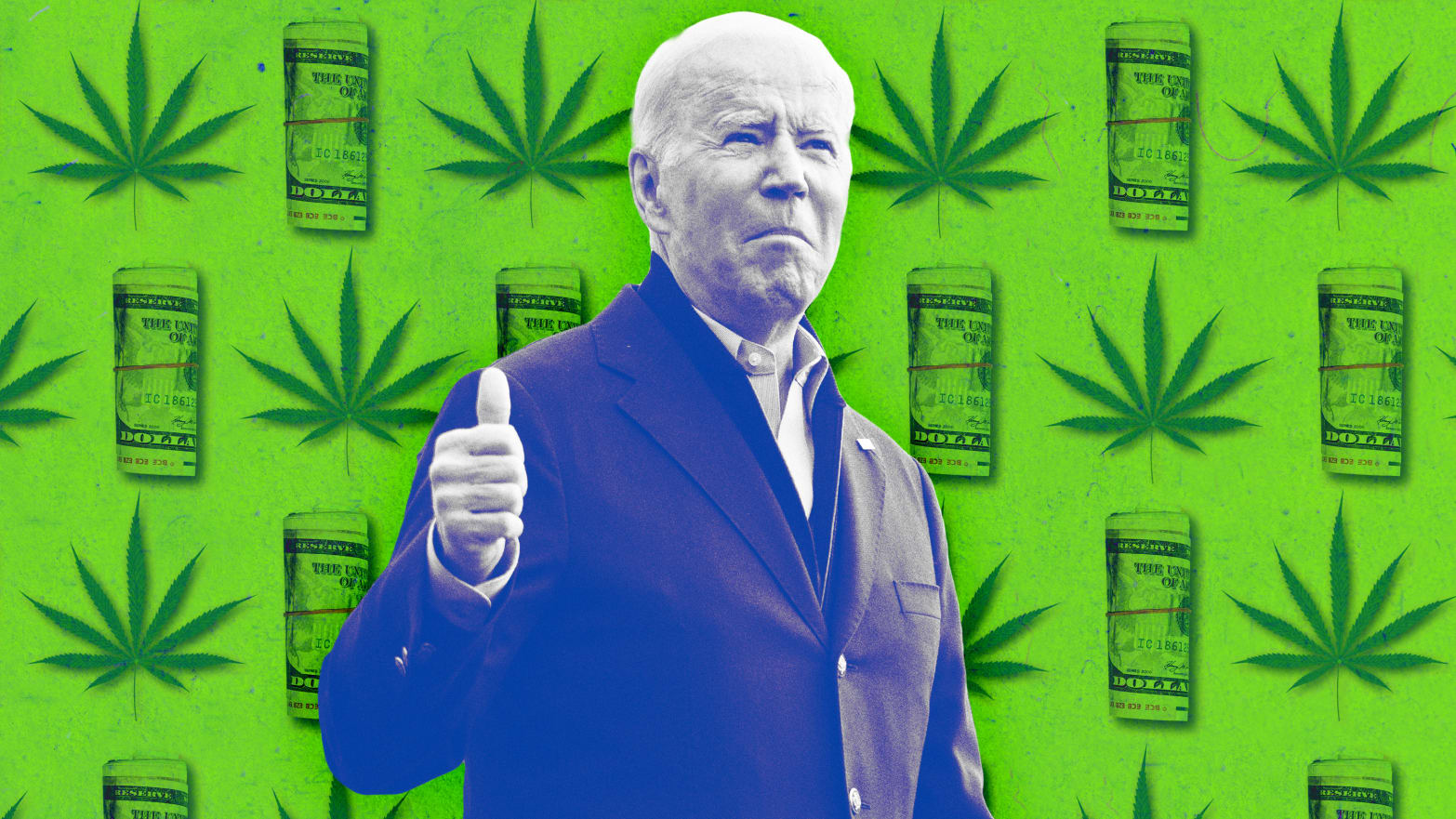
In State v. Le, No. 58336-4-II (Mar. 11, 2025)., the WA Court of Appeals held that a search warrant for an illegal cannabis grow operation does not need to include information that police checked the legal status of the grow operation and confirmed whether or not the operation is/was registered with the State.
FACTUAL BACKGROUND
In December 2017, law enforcement in Thurston County began investigating a possible illegal marijuana grow operation involving four properties. After investigating and surveilling the properties, law enforcement applied for search warrants. The warrant affidavit described the investigation and outlined numerous facts to establish probable cause. A superior court judge issued the warrants. Officers searched the four properties pursuant to the warrant and discovered over 1,000 marijuana plants. They also recovered tools, equipment, and supplies used to grow and package marijuana.
Officers arrested Ms. Le and her codefendants. The State charged Le with Drug Offenses to include unlawful possession of a controlled substance with intent to deliver and unlawful manufacture of a controlled substance. Le moved to suppress evidence obtained during the search. She argued that the affidavit failed to establish probable cause. She also argued that the affidavit did not sufficiently support probable cause because it did not indicate that officers checked the legal status of the marijuana grow operation. The trial court denied Le’s motions to suppress.
A jury found Le guilty of both counts. On appeal, Le argued thatargues that law enforcement was required to check whether the grow operations were legal and registered with the State and include that information in the affidavit.
COURT’S ANALYSIS & CONCLUSIONS
The Court of Appeals held that the facts in the affidavit were sufficient to establish probable cause to search the properties involved. First, the affidavit described vehicle traffic and movements “consistent with individuals involved in the manufacture of marijuana.” Second, the affidavit notes that police reported smelling the odor of “fresh growing marijuana” at the defendant’s properties. Third, the affidavit outlines unusually high energy consumption at the four properties. Fourth, the affidavit stated that individuals involved in marijuana grow operations “often put the power in other people’s names to help avoid detection and investigation.” Finally, the investigations discussed in the affidavit revealed that although Ms. Le reported no income, she and other co-defendants purchased multiple homes, paid significantly high energy bills, made home improvements, and purchased multiple vehicles.
“We hold that the facts outlined in the affidavit, when viewed together, established probable cause to search all four properties, regardless of the fact that the odor of marijuana was only detected at two of the four properties.” ~WA Court of Appeals
Further, the Court of Appeals held that the search warrant was valid even though the affidavit did not indicate whether the marijuana grow operations were legal and registered with the state. In short, the Court of Appeals held Ms. Le lacked legal authority to support the argument:
“The State, in response, correctly notes that no case has held that a search warrant application must affirm, as a precondition to a finding of probable cause, that officers searched the medical cannabis authorization database to confirm that the suspect does not hold a registration.” ~WA Court of Appeals
Additionally, the Court reasoned that a suspect’s presence in the registry does not mean that their possession or use of marijuana is, in all respects, lawful. Moreover, each of the locations named in the search warrant application were single-family residences. Under the law, the Liquor Control Board cannot approve a license to process cannabis at a personal residence.
With that, the Court of Appeals affirmed Ms. Le’s convictions.
Please review my Search & Seizure Guideline and contact my office if you, a friend or family member are charged with a crime. Hiring an effective and competent defense attorney is the first and best step toward justice.















